Black Onyx True Percula Clownfish, Captive-Bred
$89.99
-
Select Variant
The Black Onyx True Percula Clownfish is native to reefs of Papua New Guinea and is difficult to locate on the market. They are an exquisite species of clownfish, sporting the traditional patterns of black, orange, and white.
The Black Onyx True Percula Clownfish is best kept in an aquarium that is 30 gallons or more that has plenty of live rock. They can form associations with the following anemone species: Carpet (Stichodactyla sp. ), Sebae (Heteractis crispa), Bulb (Entacmaea quadricolor), or Ritteri (Heteractis magnifica). Be sure that your lighting system and aquarium can meet the requirements of your host anemone prior to adding one to your aquarium.
Percula Clownfish, like several other clowns, may be bred in aquariums, and is among the most popular "starter" fish that are suitable for saltwater breeders. They usually spawn in the vicinity to the anemone's host. The fry are tiny after hatching, and require to be fed natural copepods or rotifers to stay alive.
In the wild, Percula Clownfish is an omnivore. Provide a variety of diets including mysis, vitamin-rich brine shrimps, as well as a portion of quality flake food.
Approximate Purchase Size: 1-1/2" to 2-1/2"
- Description
- Additional Information
- Reviews
Black Onyx True Percula Clownfish Info
Black Onyx True Percula clownfish originate directly from reefs located in Papua New Guinea. They are extremely difficult to locate on the market and are an exquisite variety of clownfish. They are characterized by traditional patterns of black, white, and orange.
It is believed that the Black Onyx True Percula Clownfish requires an aquarium with 30 gallons of water along with lots of rock. Be sure that the lighting system and your aquarium can meet the requirements of your host anemone prior to adding one to your aquarium.
It is believed that the Percula Clownfish, like several other clowns, is breeding in aquariums and is among the most popular "starter" fish used by breeders of saltwater. They typically reproduce within the vicinity of the base of the host anemone.
Black Onyx True Percula Clownfish Diet
In the wild, the Percula Clownfish is an omnivore. Provide a variety of diets vitamin-enriched brine shrimp, and premium flake food.
size
Large, Medium, Small
Units
1
Weight
6 lbs
Dimensions
1 × 1 × 1 in

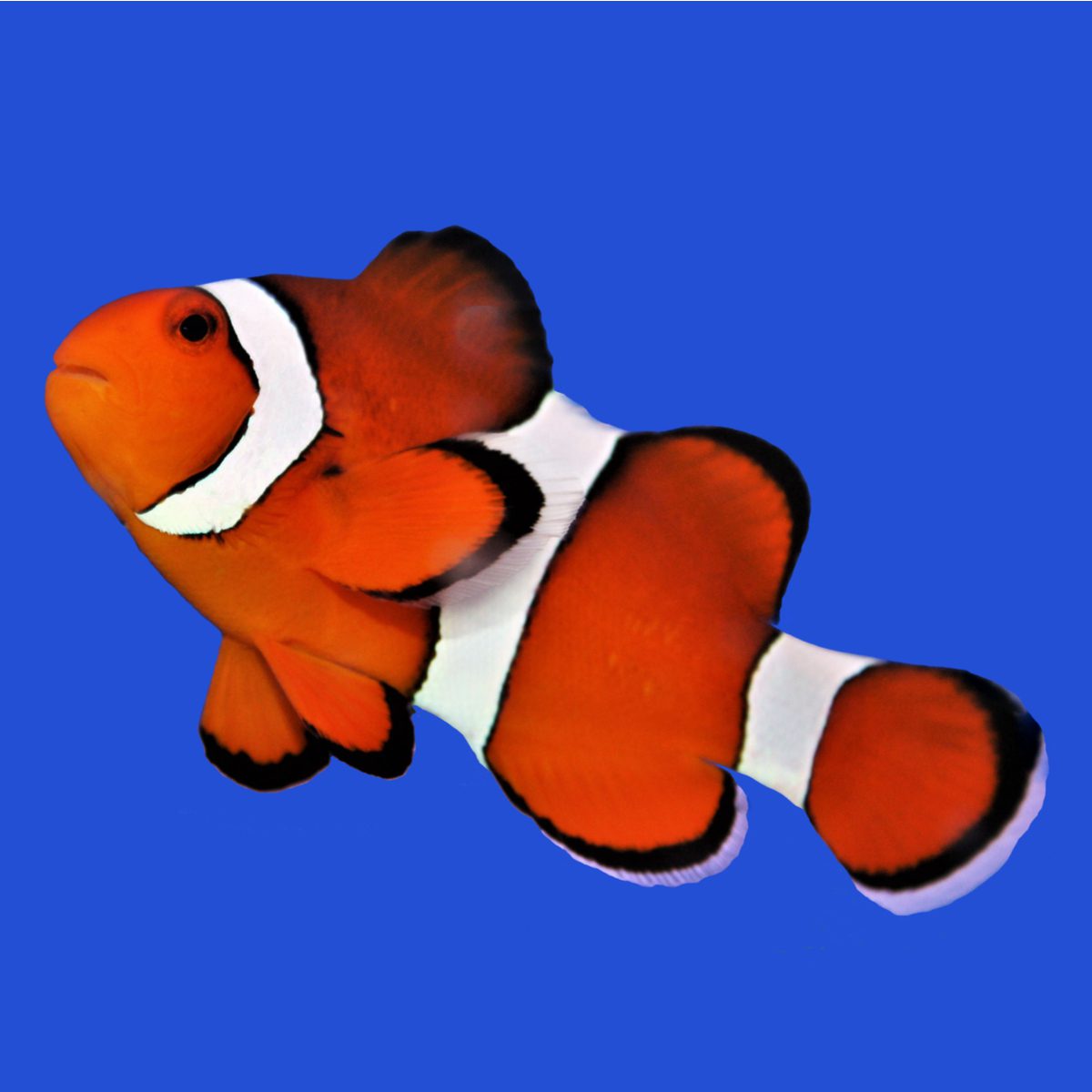
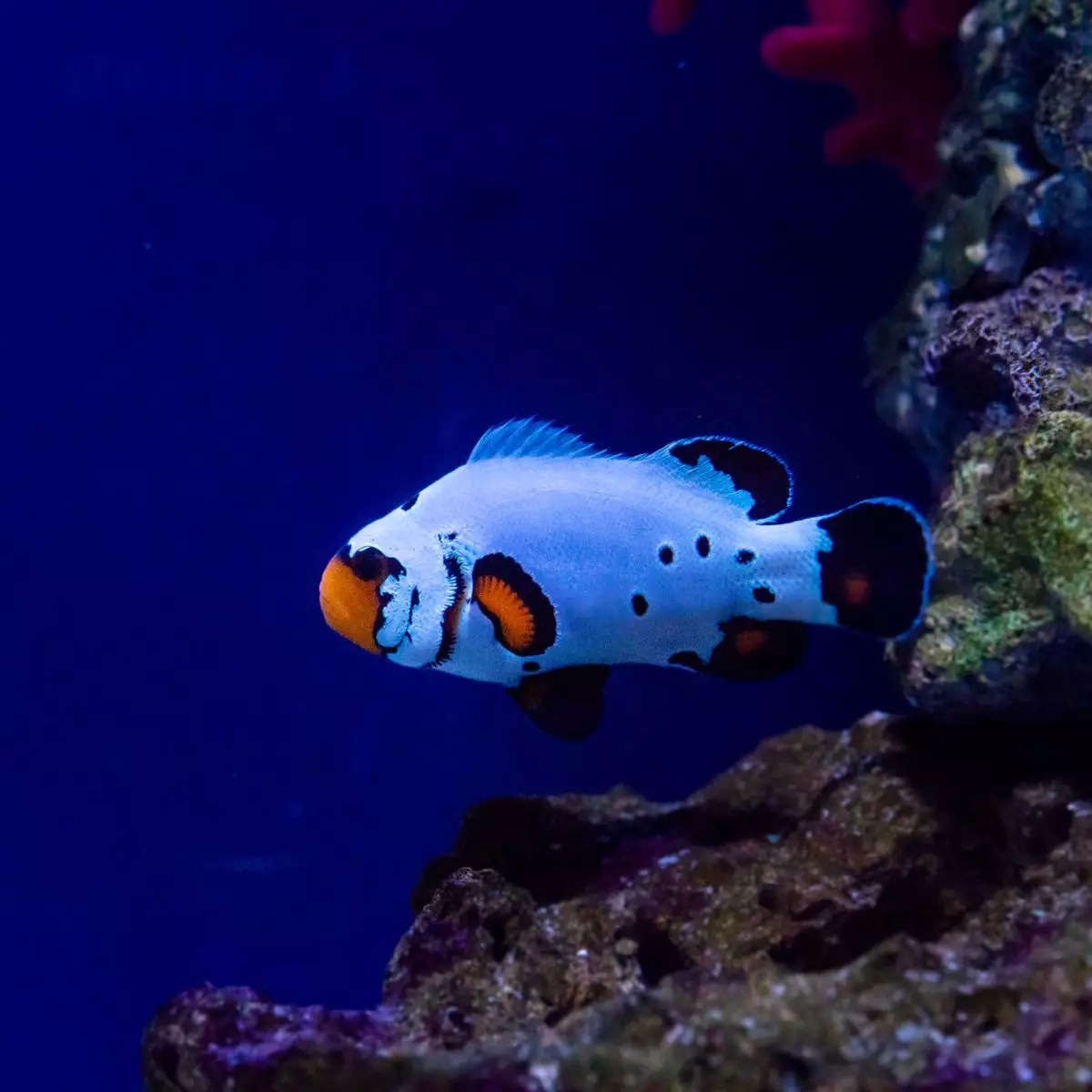
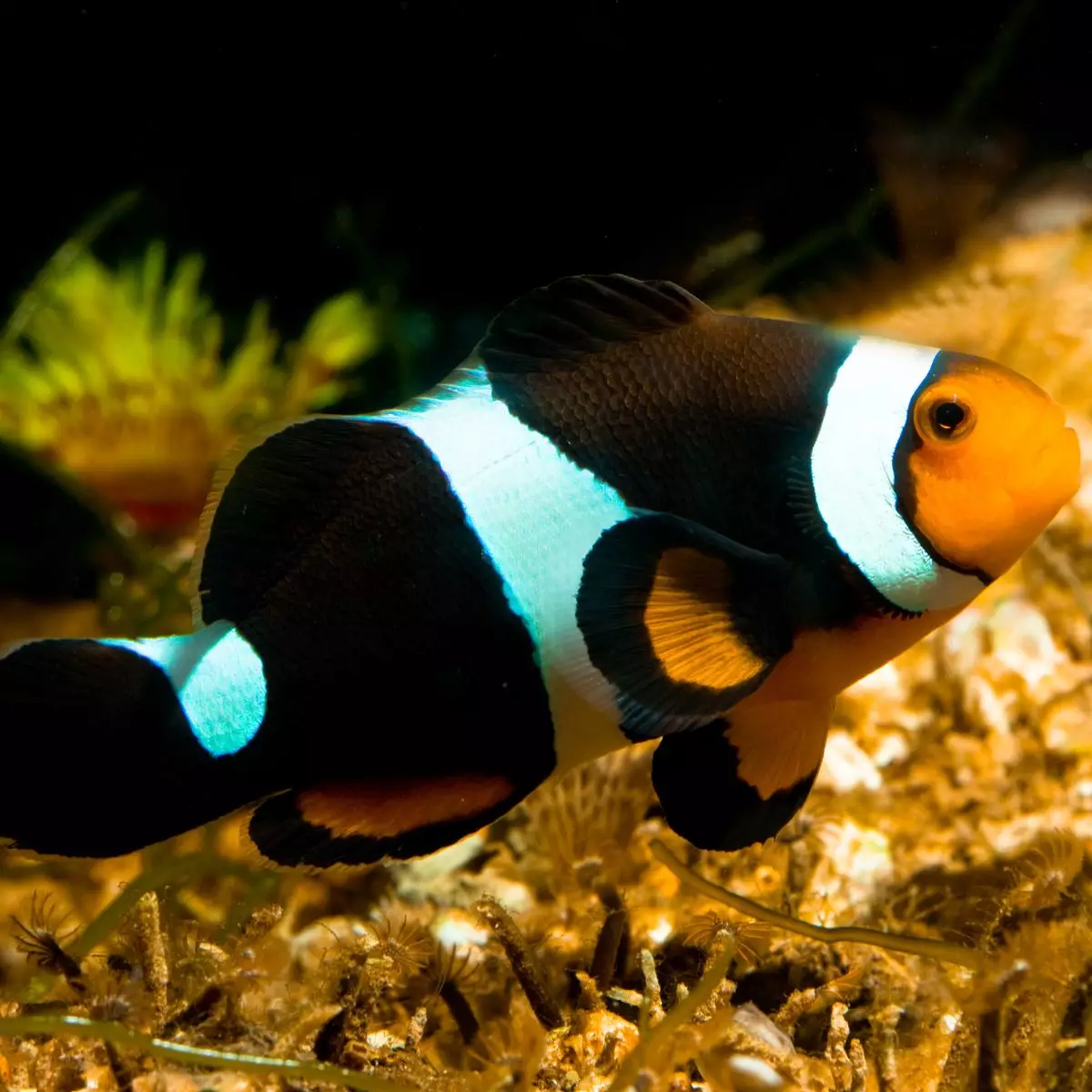

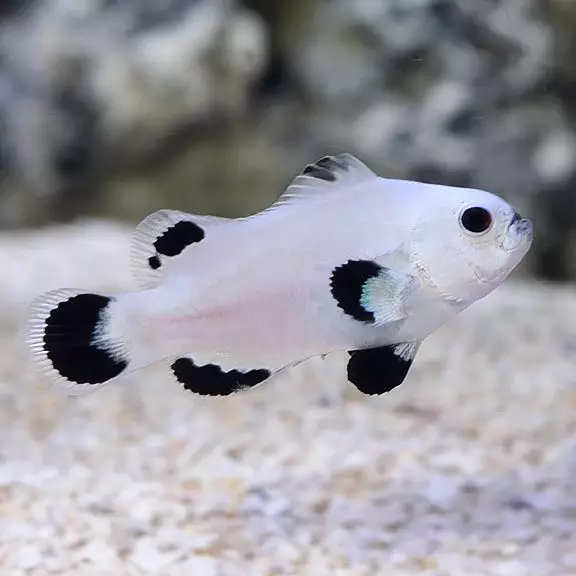
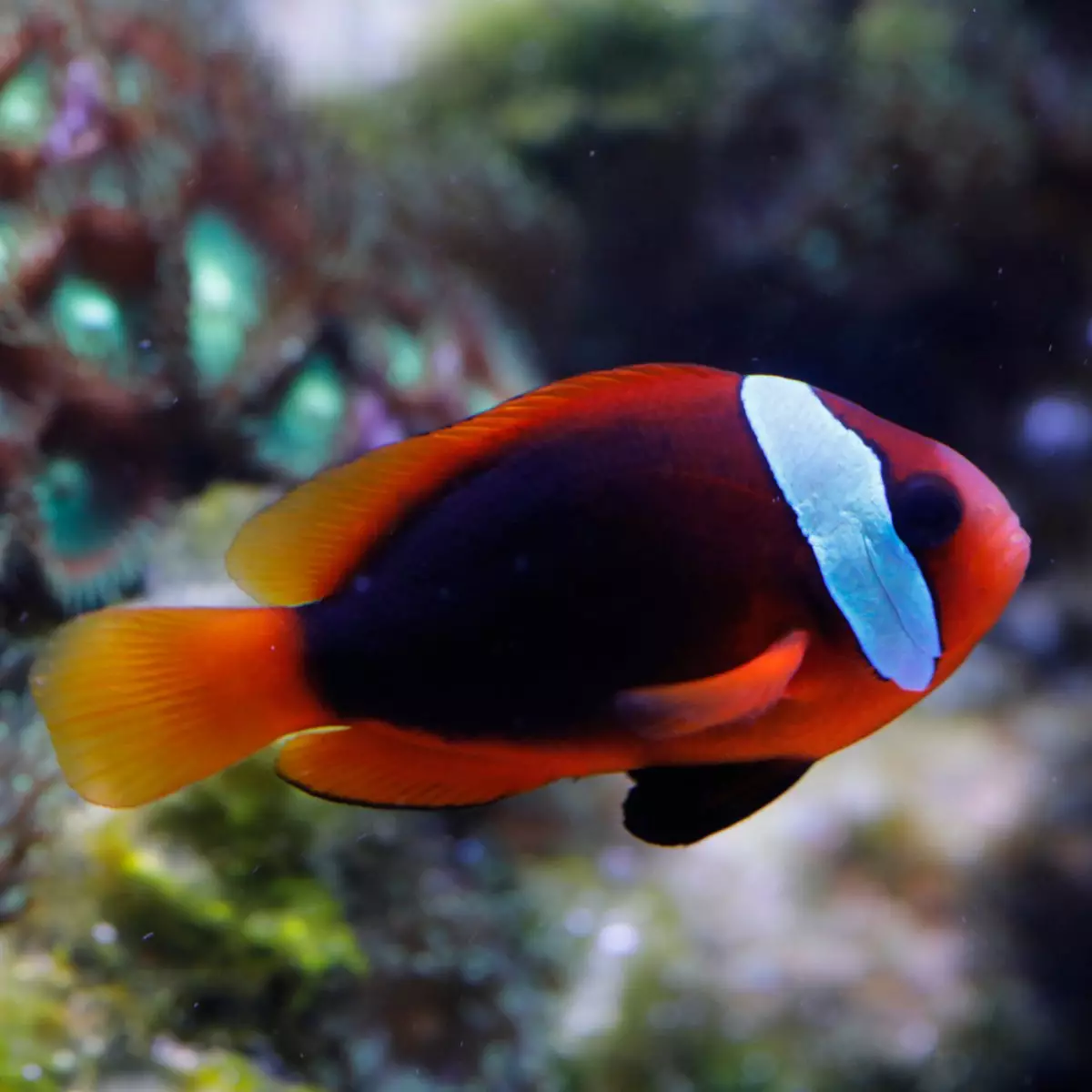
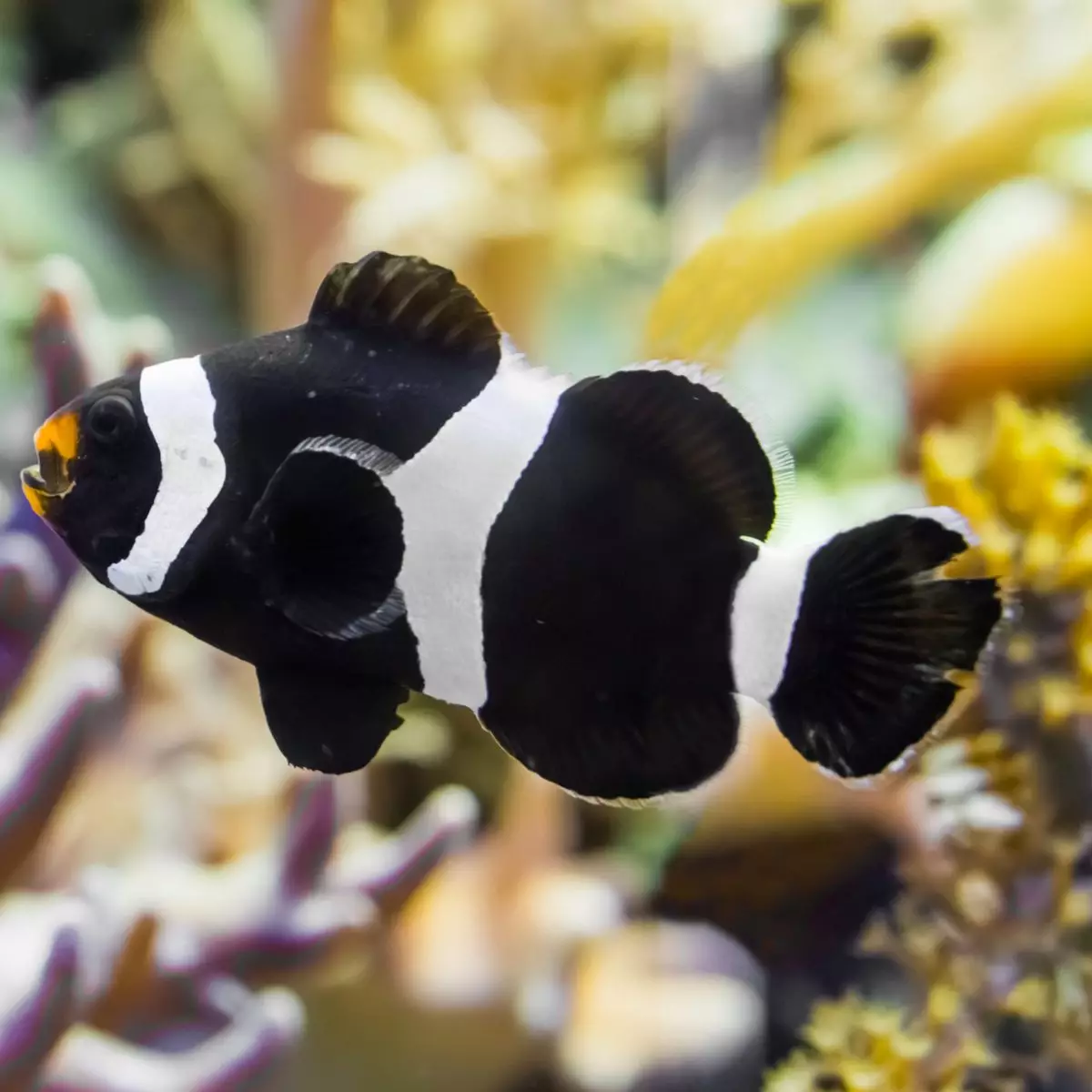
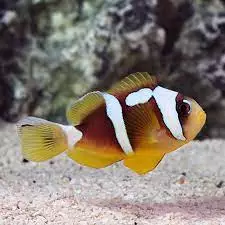
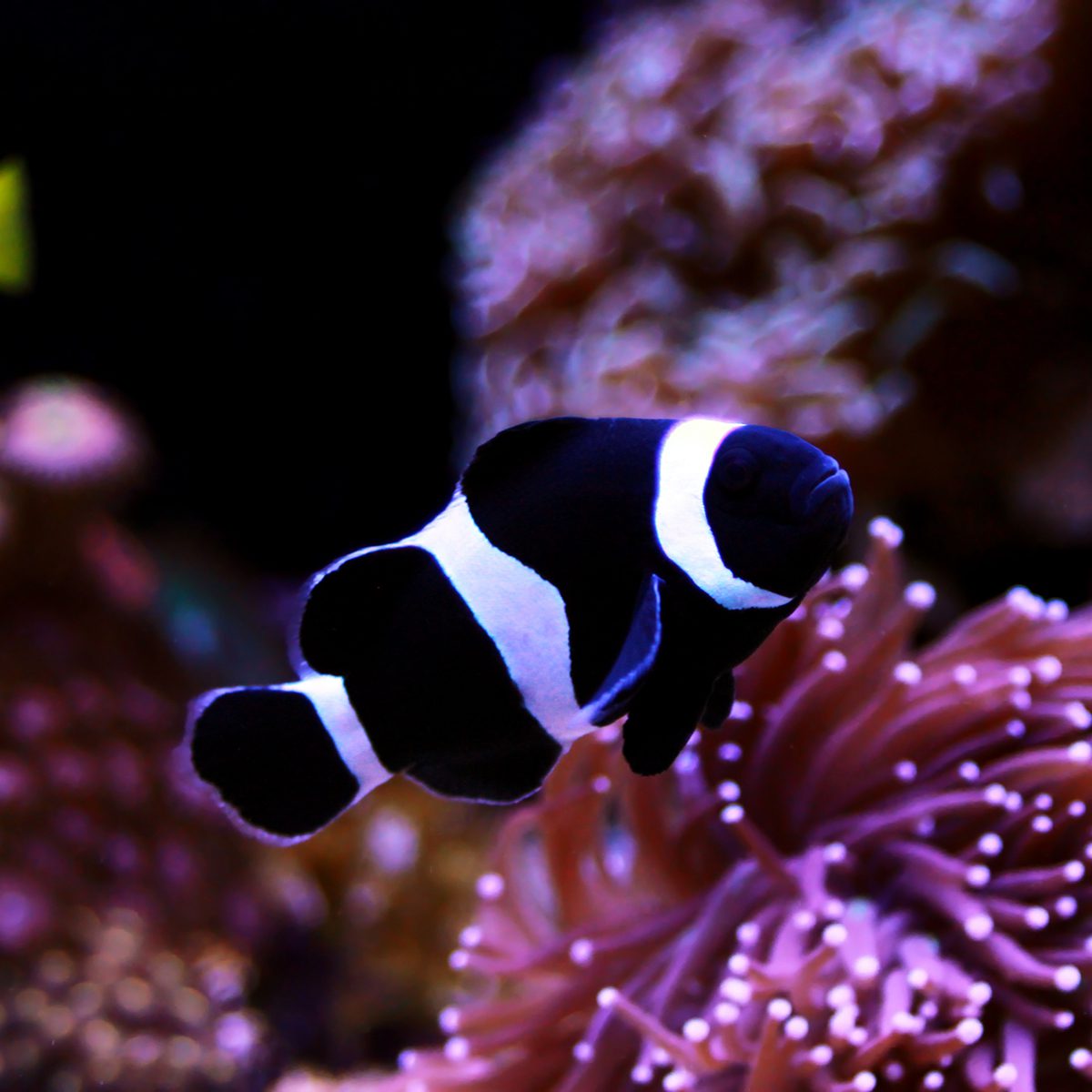
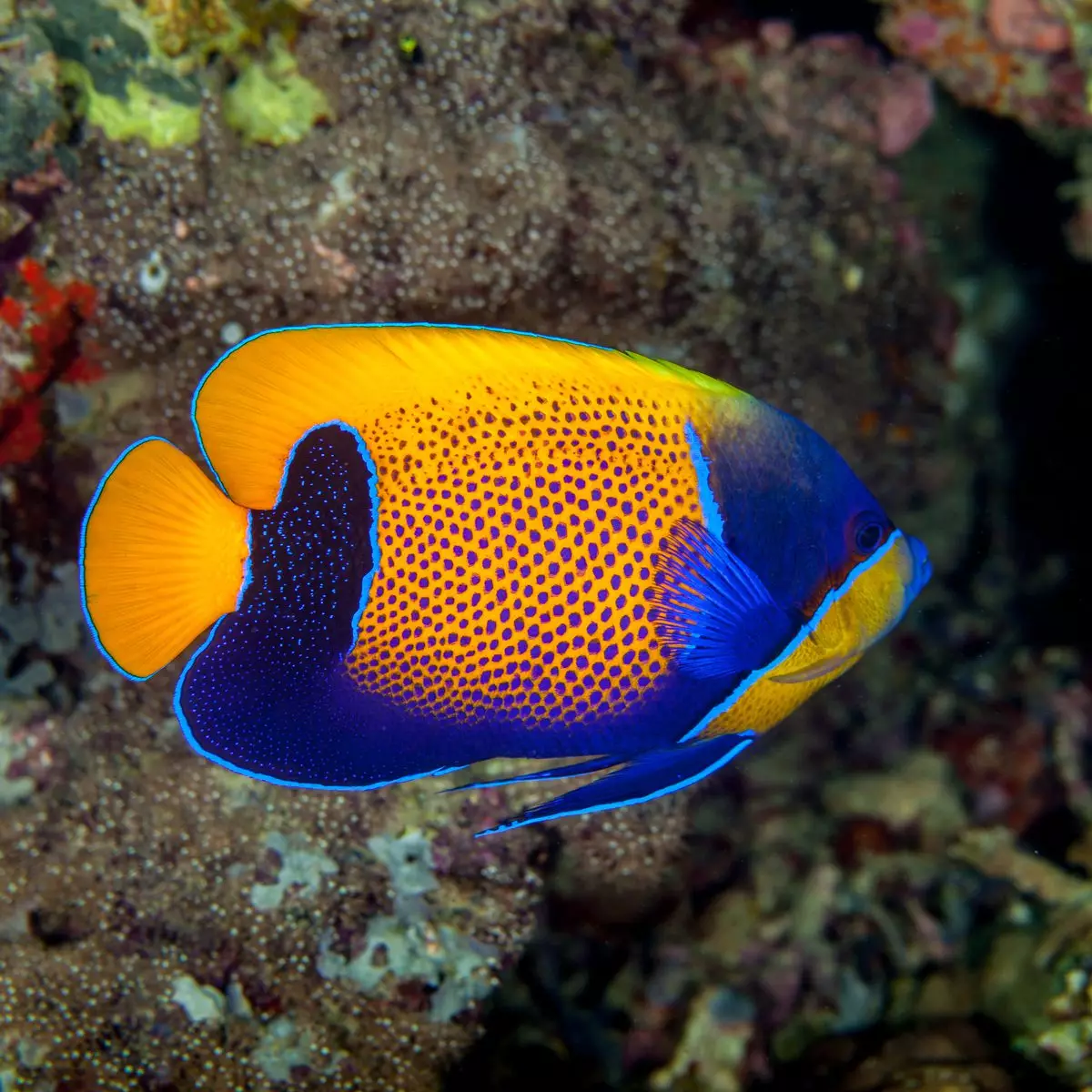
Reviews
There are no reviews yet.